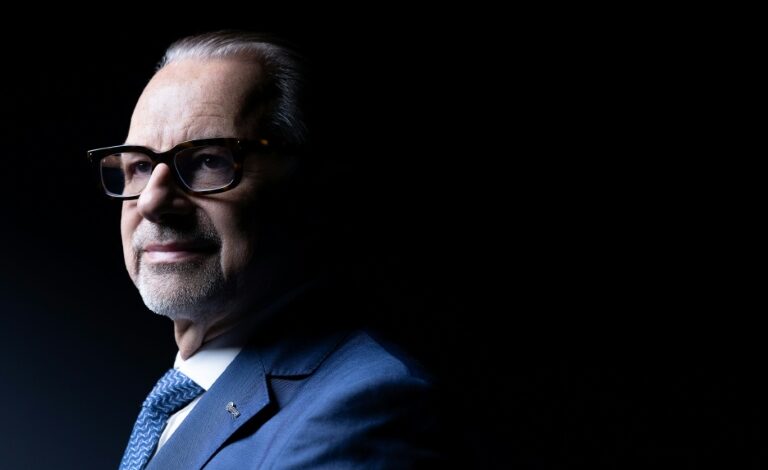Europe Urgently Needs Reusable Rockets to Compete with SpaceX

UPDATE: The European Space Agency (ESA) director, Josef Aschbacher, has declared an urgent need for Europe to develop its own reusable rocket launcher to keep pace with SpaceX, amid the booming space launch industry. In a crucial interview with AFP, Aschbacher emphasized that Europe’s ability to independently launch missions is at stake, especially following a year-long hiatus that ended with the July 2024 launch of the long-awaited Ariane 6 rocket.
Aschbacher warned that without a reusable system, Europe risks falling further behind. “We have to really catch up and make sure that we come to the market with a reusable launcher relatively fast,” he stated at AFP’s headquarters in Paris. This urgency is underscored by the fact that SpaceX continues to dominate the market, having conducted over 100 launches this year alone with its Falcon 9 rocket.
The ESA is taking decisive steps towards this goal. Aschbacher revealed that the agency has shortlisted five aerospace companies bidding to create Europe’s first reusable rocket launch system. This shortlist will be narrowed down to two or even one at the ESA’s ministerial council in Bremen, Germany, next month. “Ariane 6 is an excellent rocket — it’s very precise,” Aschbacher said, noting that three launches have already occurred, with two more planned before the end of the year.
Despite these advancements, the ESA is shifting its paradigm. Aschbacher acknowledged that the next generation of launchers will be “very different,” as the cost and time associated with reusability are now deemed critical. He pointed out that while Ariane 6 was designed without reusability in mind, the landscape has changed dramatically with SpaceX’s success.
The ESA’s strategic pivot mirrors NASA’s approach, which has transitioned from developing its own rockets to leveraging private companies like SpaceX and Blue Origin. This shift comes as Europe plans to establish its own internet satellite constellation called IRIS2, slated for operational status by 2030. Aschbacher stressed the necessity of this project for Europe, stating, “We have to make sure that we have the rockets to bring our satellites to space.”
IRIS2 aims to provide secure communication, differing from the more extensive Starlink network operated by SpaceX, which has launched over 8,000 satellites. Aschbacher highlighted the need for Europe to innovate, noting that past projects like the EU’s Galileo navigation satellite system and the Copernicus Earth observation programme initially lagged behind their American counterparts but have since become world leaders.
However, Aschbacher expressed concern over declining public investment in European space initiatives amid a thriving global space economy. He is calling for robust financial commitments from the ESA’s 23 member states at the upcoming ministerial council to ensure Europe’s competitiveness.
In parallel, the political landscape in the United States poses challenges for international collaboration. Recent proposals from the Trump administration to cut NASA’s budget could jeopardize joint missions with the ESA, such as the Mars Sample Return mission. Aschbacher warned that these cuts could also impact critical ESA missions, including EnVision to Venus and the LISA gravitational wave observatory.
“We intend to complete our flagship missions even if the United States pulls out,” Aschbacher assured, adding that collaboration with other partners remains a viable option. He also noted a growing interest among U.S. professionals in positions within the ESA, highlighting the global appeal of European space initiatives.
As Europe strives to catch up in the space race, the urgency to develop reusable rockets could define its future in space exploration and satellite deployment. The ESA’s next steps will be crucial, and all eyes will be on the decisions made in Bremen next month.






